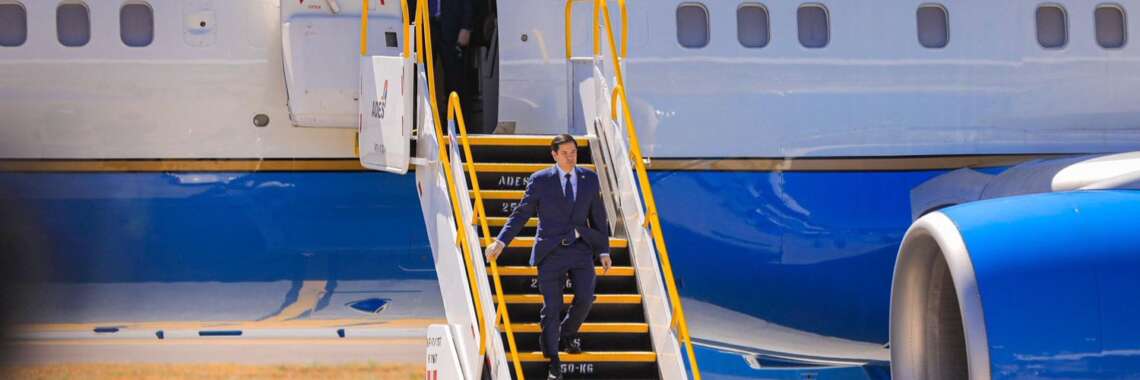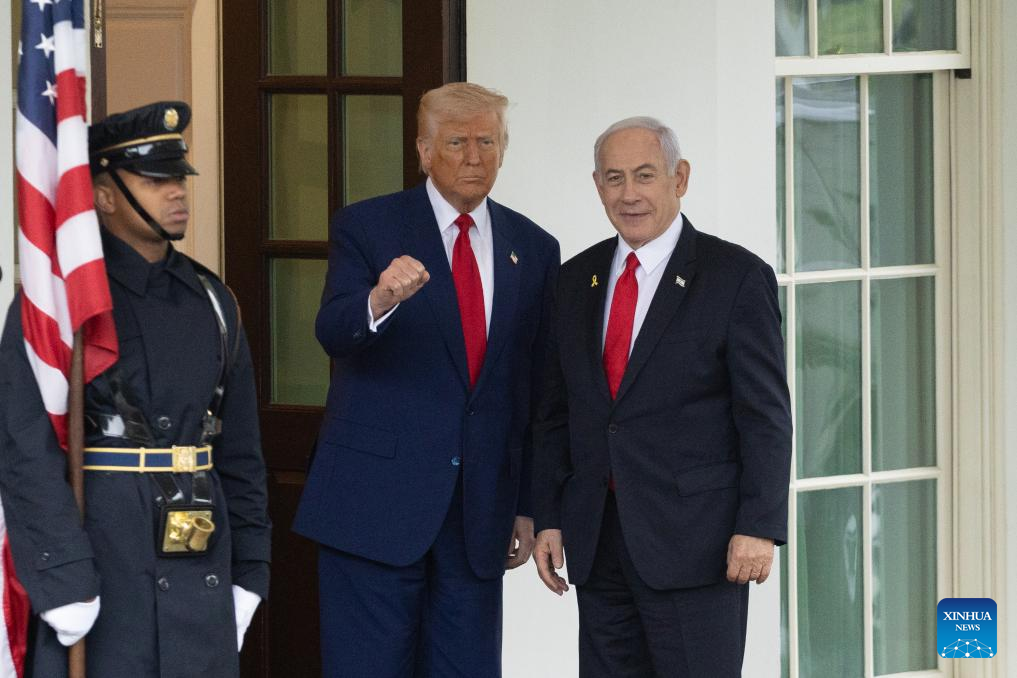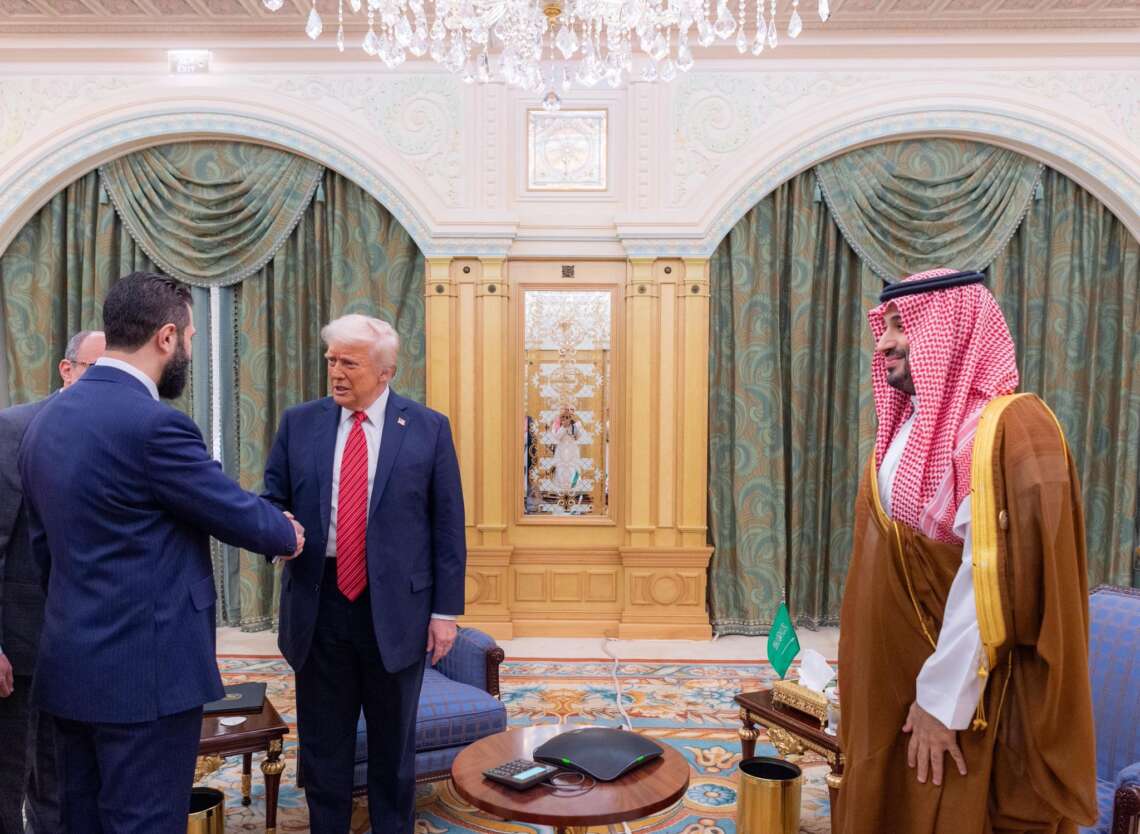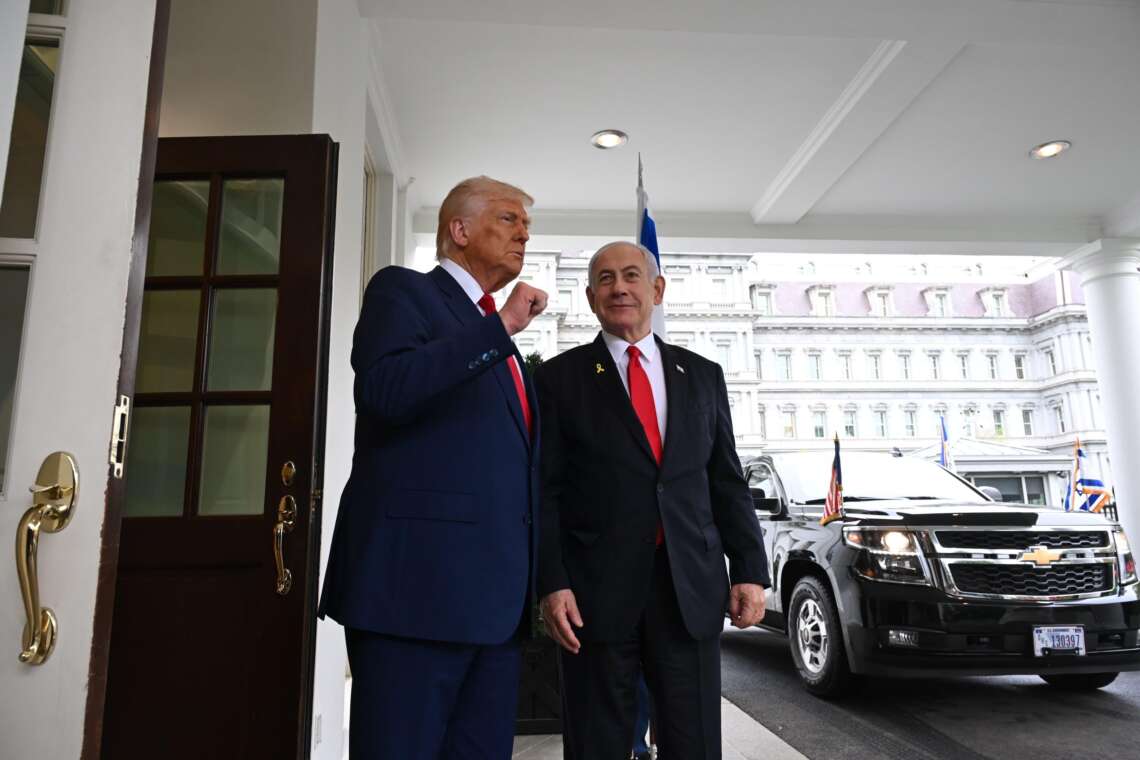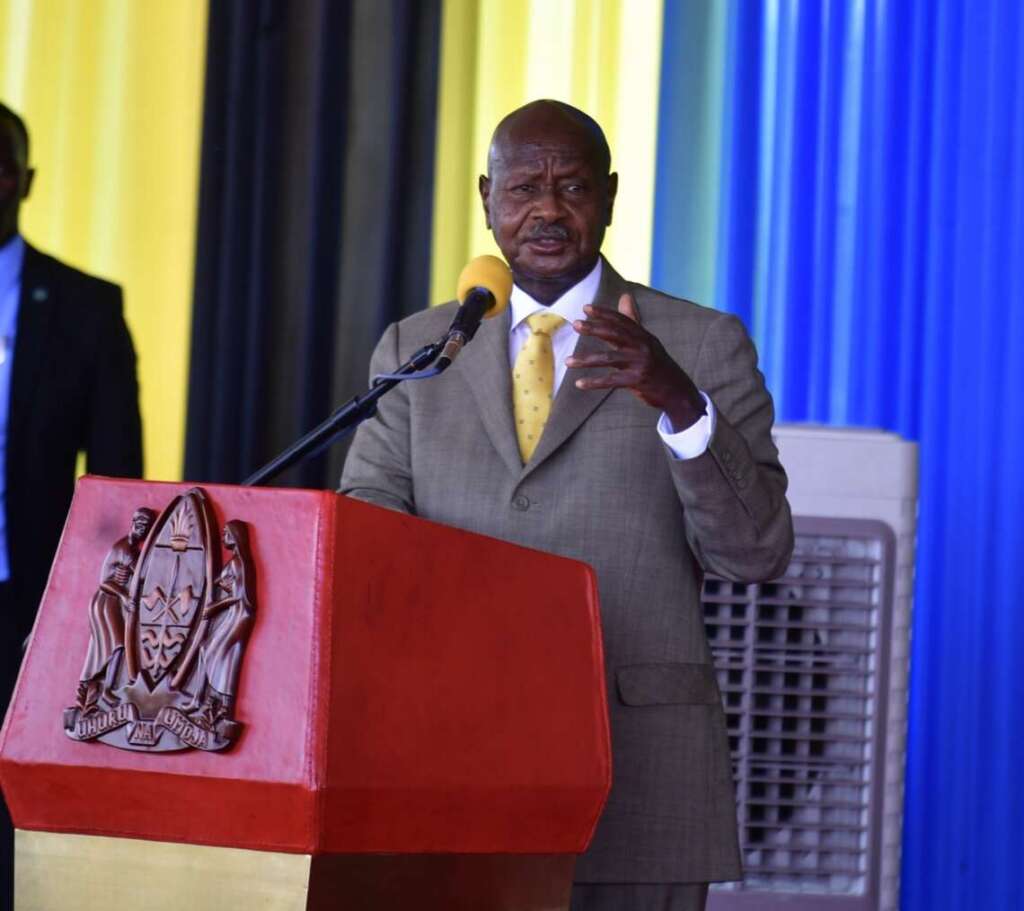Trump’s administration has taken aggressive measures to ramp up immigration enforcement, including the repatriation of people deemed to be in the US illegally
The US said on Saturday it would revoke all visas held by South Sudanese passport holders over South Sudan’s failure to accept the return of its repatriated citizens, at a time when many in Africa fear that country could return to civil war. US President Donald Trump’s administration has taken aggressive measures to ramp up immigration enforcement, including the repatriation of people deemed to be in the US illegally.
The administration has warned that countries that do not swiftly take back their citizens will face consequences, including visa sanctions or tariffs. South Sudan had failed to respect the principle that every country must accept the return of its citizens in a timely manner when another country, including the US, seeks to remove them, US Secretary of State Marco Rubio said in a statement. “Effective immediately, the United States Department of State is taking actions to revoke all visas held by South Sudanese passport holders and prevent further issuance to prevent entry into the United States by South Sudanese passport holders,” Rubio said.
“We will be prepared to review these actions when South Sudan is in full cooperation,” Rubio said. It is time for South Sudan’s transitional government to “stop taking advantage of the United States,” he said. South Sudan’s embassy in Washington did not respond immediately to a request for comment. African Union mediators arrived in South Sudan’s capital Juba this week for talks aimed at averting a new civil war in the country after its First Vice President Riek Machar was placed under house arrest last week.
South Sudan President Salva Kiir’s government has accused Machar, a longtime rival who led rebel forces during a 2013-18 war that killed hundreds of thousands, of trying to stir up a new rebellion.
Machar’s detention followed weeks of fighting in the northern Upper Nile state between the military and the White Army militia. Machar’s forces were allied with the White Army during the civil war but deny any current links. The 2013-18 war was contested largely along ethnic lines, with fighters from the Dinka, the country’s largest group, lining up behind Kiir, and those from the Nuer, the second-largest group, supporting Machar.
Earlier, United Nations Secretary-General Antonio Guterres warned of a rapidly deteriorating crisis in South Sudan and called for urgent dialogue, immediate release of detained officials, and renewed commitment to the 2018 peace agreement.
He further appealed to the regional and international community to speak with one voice in support of peace in South Sudan. “All the dark clouds of a perfect storm have descended upon the people of the world’s newest country – and one of the poorest,” Guterres said while addressing reporters at UN Headquarters in New York.
“South Sudan may have fallen off the world’s radar, but we cannot let the situation fall into the abyss,” he added and urged South Sudanese leaders to “put down the weapons” and “put all the people of South Sudan first.”
Guterres called for the restoration of the Government of National Unity and the full implementation of the peace agreement, which remains the only legal path to free and fair elections in December 2026.
“We fully support the initiative to deploy the African Union Panel of the Wise,” he said, adding that he had spoken with the Chairperson of the AU Commission.
South Sudan is now facing what the Secretary-General described as a security emergency, political upheaval, humanitarian catastrophe, displacement crisis, economic collapse and a severe funding shortfall all at once. Half the population is severely food insecure, he warned, while three out of four people require humanitarian assistance. Meanwhile, over one million people have fled across the border from Sudan since fighting broke out there last year between rival militaries, while cholera has also been reported, compounding the crisis.
Combined with growing regional spillover from the conflict in neighbouring Sudan, Guterres painted a dire picture of a country on the edge.
“Let’s not mince words. What we are seeing is darkly reminiscent of the 2013 and 2016 civil wars, which killed 400,000 people,” he said

